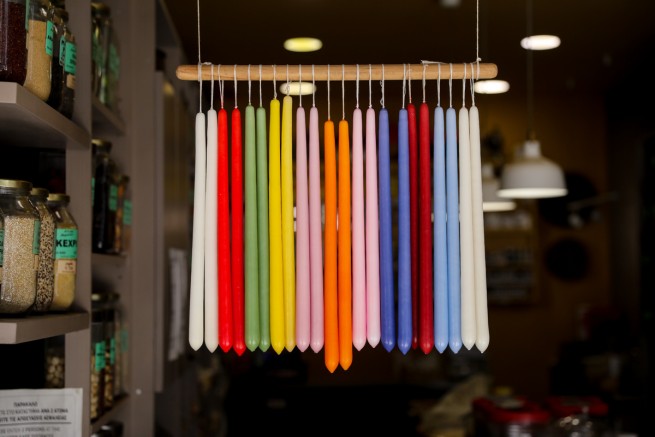Contamination of fresh fruit with hazardous pesticides has risen sharply in Europe over the past decade, according to a nine-year study based on government data.
One third of the tested apples and half of the berries contained residue most toxic categories of pesticidessome of which are associated with diseases such as cancer, heart disease, and birth defects.
The presence of pesticide residues in kiwi increased from 4% in 2011 to 32% in 2019, with contamination cherries and sweet cherries doubled from 22% to 50% over the same period. In total, the analysis of about 100,000 fruit samples from Europe recorded an increase in pesticide contamination by about 53%, which actually concerns the most hazardous substances.
The study was carried out by the European Pesticide Action Network (PAN). dikaiologitika.gr.
Professor Nicole Van Damme of the German Center for Comprehensive Biodiversity Research called the report “shocking”. “What’s the point of eating healthy when healthy fruits are sprayed with toxins?” he asks.
PAN Europe spokeswoman Salom Reunel said: “Consumers are in a difficult position because, despite the fact that fresh fruits are recommended, many of them are contaminated with the most toxic pesticide residues, which are associated with very serious health consequences. We are clear that governments are not going to ban these pesticides, no matter what the law says. They are very afraid of the lobbies of producers who depend on harsh chemicals and ill-conceived farm management models.”
Reunel points out that these chemicals have the most toxic residues for which there is no set limit, and encourages consumers to buy and consume organic fruits in the summer, in season, “especially if they are pregnant or breastfeeding.”
The study also found that 87% of pears in Belgium and 85% in Portugal were contaminated with at least one of these toxic residues. About 1/3 of the fruits examined in 2019 for which data are available were contaminated with hazardous pesticides. The most affected fruits are berries (51%), peaches (45%), strawberries (38%), cherries (35%) and apricots (35%). The corresponding percentages in vegetables were celery (50%), celery root (45%), cabbage (31%).
For her part, Anika Gat Seretni, spokesperson for the trade association CropLife Europe, said: “The presence of traces of pesticides does not mean that their consumption is dangerous. The European Food Safety Authority has done extensive research on this subject and has shown that the risk of cumulative food exposure to consumers is below the threshold and therefore not a real risk.”
A representative of the European Commission commented: “The European Food Safety Authority publishes an annual report on pesticide residues in food and is considered the most reliable source on the subject. Over the years, reports have shown that 98% of samples comply with European Union legislation.”
The Commission claims that the use of hazardous pesticides has decreased by 12% in 2019 compared to the period 2015-2017, with a 50% reduction expected by 2030.
On the contrary, a new study that has been published shows a sharp increase in “pesticide residues” in fruits such as apples (117%) and cherries (152%) since 2011, when European governments were supposed to start banning the pesticides. Overall, the study shows that the percentage of infected fetuses in 2019 was 8.8 percentage points higher than in 2015-2017.






More Stories
D. Sariyannis: “We expect African dust in mid-May”
Dust from the Sahara: first results of analysis of chemical components
Lyrid meteor shower, make a wish on a shooting star